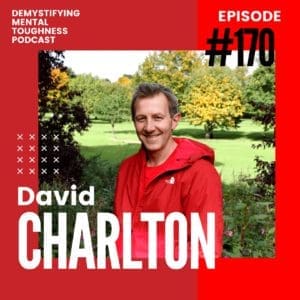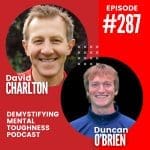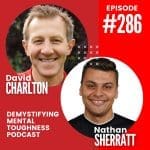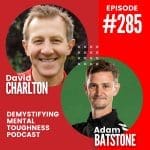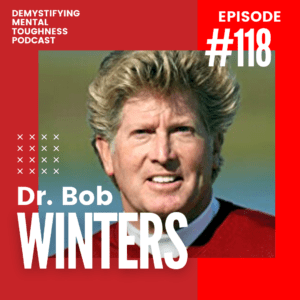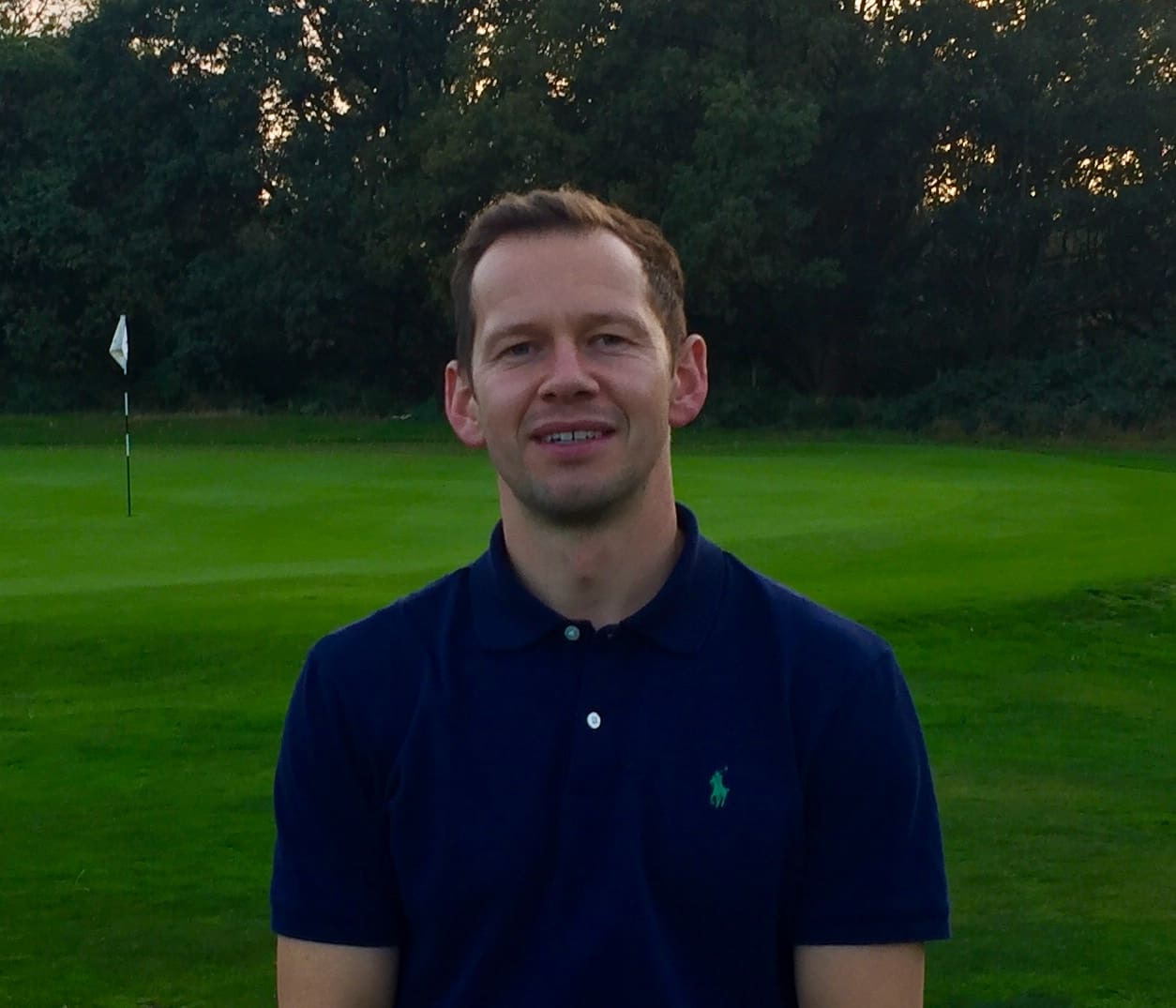How To Help Perfectionists With Their Mental Approach
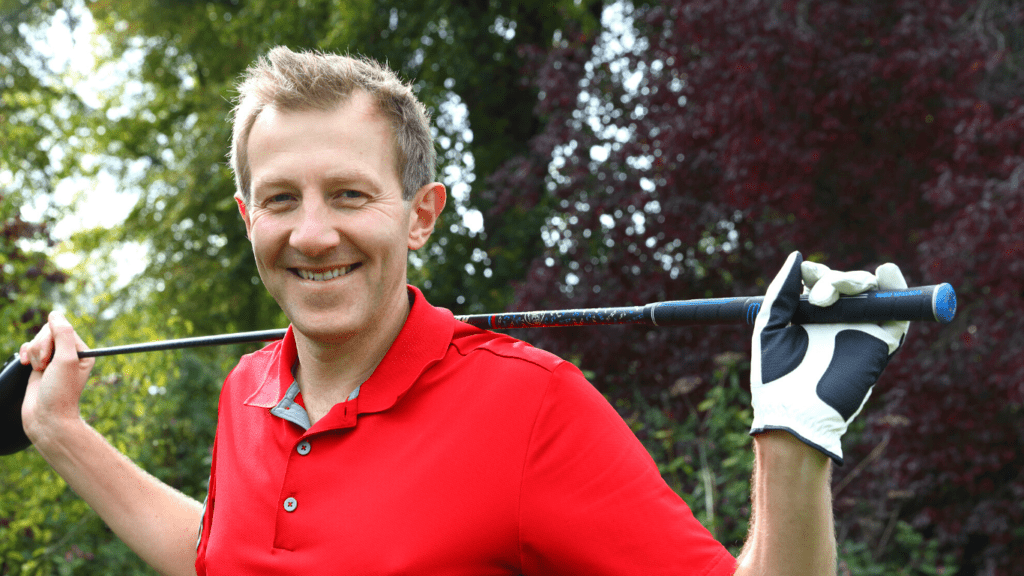
By working with David Charlton, you and your organisation will be better equipped to rise to modern day challenges and better informed to thrive on and off the pitch, course or court. Where he inspires individuals and teams to:
- Cope with pressure and challenges more effectively
- Maintain positive mental health
- Compete with confidence more often
- Manage your emotions better
- Improve your commitments levels
David is a Mental Toughness Practitioner, as well as a Health Care and Professions Council (HCPC) Registered Sport and Exercise Psychologist. He has successfully supported athletes, teams and organisations for over 10 years in order to ensure that they perform at their maximum more often.
He has a comprehensive knowledge around the development of Mental Toughness, a plastic personality trait, which determines or limits people to deal effectively with change, challenges and stressors. In today’s climate, during the Coronavirus pandemic this quality is becoming more and more valuable to individuals, teams and organisations.
Supporting athletes with perfectionist tendencies is a large part of our work at Inspiring Sporting Excellence. They often display the following characteristics:
- Difficulties transferring their practice or training to competitive events or matches.
- Trying too hard.
- Focusing intensely on results and outcomes.
- Unable to trust themselves under pressure.
- High, rigid and often unrealistic expectations of themselves and others.
- Impatience and a tendency to demonstrate poor body language in the face of difficulties and for some to give up too easily.
- Being frightened of letting other people down.
- Having brittle confidence.
- Letting their own self-worth and self-esteem be influenced by poor sporting performances.
Additionally, the perfectionist athlete can be very hard on themselves which informs the content in today’s episode where I share a case study and a helpful exercise relating to recovering from mistakes and errors.
Key Learning Points
- When we’re not emotionally involved it’s easier to be kind and compassionate.
- Often athletes find it easier to be kinder to team-mates than themselves when difficulties arise.
- The pressure of being judged and critiqued in sport can impact on an athlete’s ability to deal with mistakes.
- Being kind to yourself as an athlete doesn’t mean that you are going soft.
- Learning how to be more self-compassionate can help you motivate yourself more than fear- based motivational methods.
Connect with David Charlton
Download THE FOCUSED ATHLETE CHECKLIST
Join David @ The Sports Psychology Hub
Instagram, Facebook, Twitter and LinkedIn
Relevant Podcast Episodes To Help Perfectionist Athletes
Ep129: David Charlton – How to Deal with Self-Criticism using Self Compassion – PT1
Ep130 David Charlton – How to Deal with Self-Criticism using Self Compassion – PT2
Ep131 David Charlton – How to Deal with Self-Criticism using Self Compassion – FINAL PART
Ep142: Alessia Bruno – Is Striving for Perfection a Good Thing in Gymnastics?
Ep156: Ruth Chiles – There is Hope: How to Overcome Focal Dystonia
Other Relevant Blogs And Resources To Benefit the Athlete Who Desires To Be Perfect
Coach Development Helping Athletes Overcome Fear Of Failure
5 Ways To Create A Psychological Safe Sporting Environment
Are You A Rugby Player With Perfectionist Tendencies?
How to Trust Your Skills When You’re a Goalkeeper
How to Help Children Overcome Fear of Failure
How To Play Well When You Aren’t Feeling Great
IF YOU ENJOYED TODAY'S SHOW PLEASE SHARE
SUBSCRIBE AND LISTEN ON YOUR FAVOURITE AUDIO PLATFORM
Also, kindly consider taking the 60-seconds it takes to leave an honest review and rating for the podcast on iTunes, they’re extremely helpful when it comes to the ranking of the show and we read every single one of them!

Best Wishes
David Charlton
Global Sports Psychologist who is located near Newcastle Upon Tyne, UK and willing to travel Internationally. David also uses online video conferencing software (Zoom, Facetime, WhatsApp) on a regular basis and has clients who he has supported in USA, Canada, South America, UAE, Australian and New Zealand.
Managing Director – Inspiring Sporting Excellence and Founder of The Sports Psychology Hub. With over 10 years experience supporting athletes, coaches, parents and teams to achieve their goals, quickly.
T: +44 7734 697769

